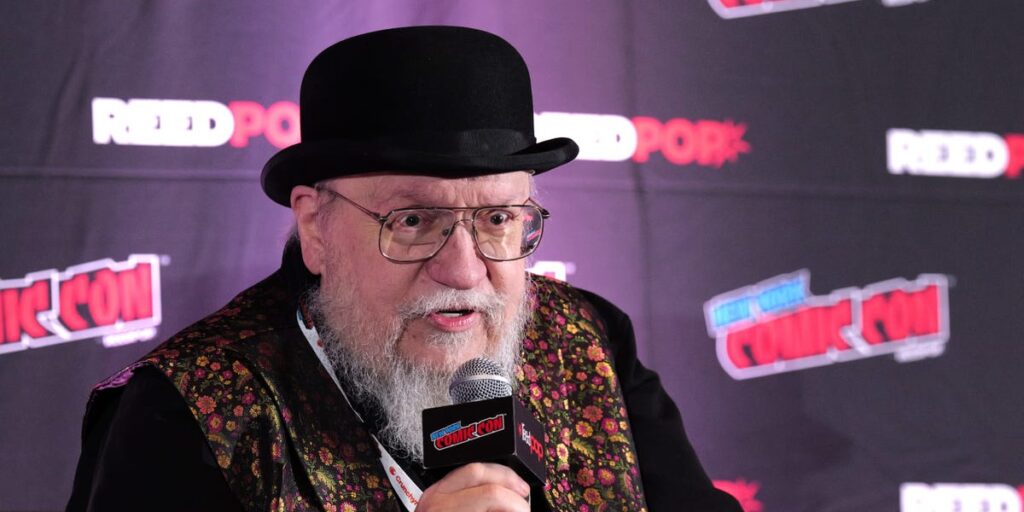When a federal judge decided to allow a sprawling class-action lawsuit against OpenAI to move forward, he read some “Game of Thrones” fan fiction.
In a court ruling Monday, US District Judge Sidney Stein said a ChatGPT-generated idea for a book in the still-unfinished “A Song of Ice and Fire” series by George R.R. Martin could have violated the author’s copyright.
“A reasonable jury could find that the allegedly infringing outputs are substantially similar to plaintiffs’ works,” the judge said in the 18-page Manhattan federal court ruling.
The decision was made in a case that consolidated several class-action lawsuits from authors — including Martin, Michael Chabon, Ta-Nehisi Coates, Jia Tolentino, and Sarah Silverman, among others — against OpenAI and Microsoft.
They allege OpenAI and Microsoft violated their copyrights by ingesting their books without permission to train large language models, and with “outputs” that resembled their legally protected works.
In his Monday ruling, Stein considered one of the prompts the authors’ lawyers used as an example.
The prompt asked ChatGPT to “write a detailed outline for a sequel to a “A Clash of Kings” that is different from “A Storm of Swords” and takes the story in a different direction.”
“Absolutely!” ChatGPT responded. “Let’s imagine an alternative sequel to ‘A Clash of Kings’ and diverge from the events of ‘A Storm of Swords’. We’ll call this sequel ‘A Dance with Shadows.'”
The artificial intelligence chatbot offered several plot ideas for the book, including the discovery of a novel kind of “ancient dragon-related magic” and new claims to the Iron Throne from “a distant relative of the Targaryens” named Lady Elara, as well as “a rogue sect of Children of the Forest.”
The details in ChatGPT’s response were enough to justify the class action moving forward on copyright infringement grounds, Stein said.
Representatives for OpenAI and Microsoft didn’t immediately respond to a request for comment.
The Manhattan-based judge said he would decide at a later stage whether OpenAI and Microsoft are protected with a “fair use” defense.
Earlier this year, in a similar lawsuit, a federal judge in San Francisco ruled that Anthropic’s use of copyrighted books to train its large language models was protected by fair use.
Anthropic later settled the lawsuit earlier this year, agreeing to pay $1.5 billion to authors whose works it used to train its large language model without permission.
Read the full article here


